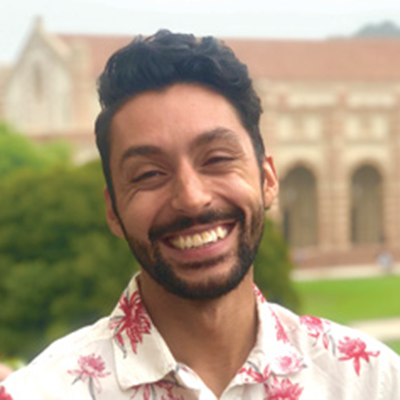
WHAT WAS LEARNED
Print-media coverage of U.S. gun control policy in the wake of mass shooting events has resulted in increases in firearm acquisition, particularly in the states with the least restrictive gun laws.
COULD WOMEN’S PARTICIPATION in the paid labor force during early adulthood and middle age bode well for their cognitive health later in life?
RESEARCHERS HAVE LONG DOCUMENTED HEALTH DISPARITIES — defined by the U.S. Centers for Disease Control and Prevention as “preventable differences in the burden of disease, injury, violence, or opportunities to achieve optimal health” — that negatively affect racial and ethnic minority populations. Much less attention has been paid to the role of racism in fueling these disparities.
IT’S ARGUABLY THE GREATEST PUBLIC HEALTH SUCCESS STORY of the modern era. Vaccination campaigns eradicated the scourge of smallpox from the planet and have nearly eliminated polio, a paralyzing infectious disease that once struck fear in every parent. In 2000, the World Health Organization (WHO) declared that the United States had eliminated measles, culminating a decades-long public health effort to promote childhood immunization against a disease that, prior to the vaccine’s introduction in 1963, annually infected 3 to 4 million U.S.
IN CALIFORNIA and nationally, the health care system is geared to meeting the immediate needs of individuals when they’re sick, notes Kathryn Kietzman, a research scientist at FSPH’s UCLA Center for Health Policy Research (CHPR).
APPROXIMATELY 50,000 PEOPLE die from colorectal cancer (CRC) each year in the United States, making it the nation’s second-most deadly cancer — despite the fact that the disease is highly preventable. Screening can detect CRC at an early stage, when treatment is most likely to be successful. In addition, screening can prevent CRC by finding and removing abnormal cell growths or polyps before they can develop into cancer. But CRC screening is underutilized, particularly in low-resource settings and by low-income populations.
Sebastian Ramirez, MPH Student

THE 175 INDIVIDUALS IN ATTENDANCE at the Health Forum at UCLA FSPH in March 2016 included some of the most powerful health care professionals in the region.
AMID A RAPIDLY CHANGING LANDSCAPE, the only certainty for health care management professionals is that the future is fraught with uncertainty.
JACK NEEDLEMAN was reading The Boston Globe one morning in 1998 when he came across an article that would alter the course of his career.